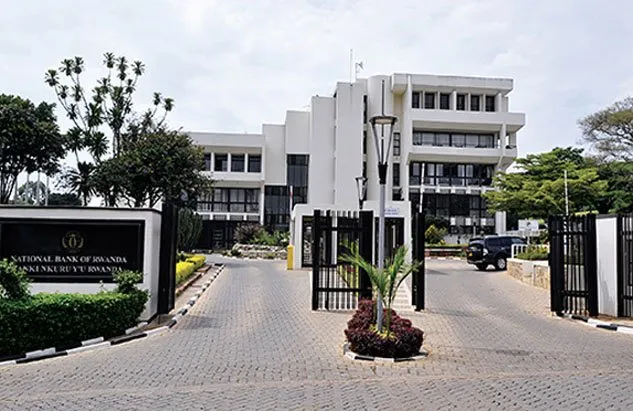
The National Bank of Rwanda (NBR) has reduced its Central Bank Rate (CBR) by 6.5%, down from 7%.
The decision, made during the Monetary Policy Committee (MPC) meeting on August 20, 2024, reflects the stable inflation outlook and borderline economic environment in the country.
This adjustment is intended to support economic growth while maintaining inflation within the target range.
The press release states that in the second quarter of 2024, inflation remained within the 2 to 8 percent target range, rising slightly to 5.1 percent due to higher core and energy costs, despite lower fresh food inflation.
Core inflation increased to 6.4 percent, driven by transport fare hikes and rising vehicle prices, while energy inflation rose to 4.5 percent following higher fuel prices.
Fresh food inflation decreased to 1.6 percent, aided by improved crop supplies. Looking forward, inflation is expected to stabilize around 5 percent in 2024 and 2025, though risks like geopolitical tensions and adverse weather may affect this outlook.
Rwanda’s economy grew by 9.7 percent in the first quarter of 2024, with strong performance across the industrial, services, and agricultural sectors.
Growth continued into the second quarter, as indicated by a 17.6 percent rise in the Composite Index of Economic Activity.
Despite challenges in the coffee sector, merchandise exports increased by 0.9 percent, while imports rose by 6.4 percent, leading to a 9.5 percent expansion in the trade deficit.
The MPC decision says that with the inflation outlook stable and within the band, the MPC has decided to reduce the rate by 50 basis points, from 7.0 to 6.5 percent, considering this sufficient to keep inflation on its current path.
In the coming months, the MPC will continue to monitor potential risks that could threaten the projected stable inflation outlook.
If these risks emerge and compromise price stability, the committee is prepared to adjust the monetary policy stance as needed to keep inflation within the 2 to 8 percent target range.


